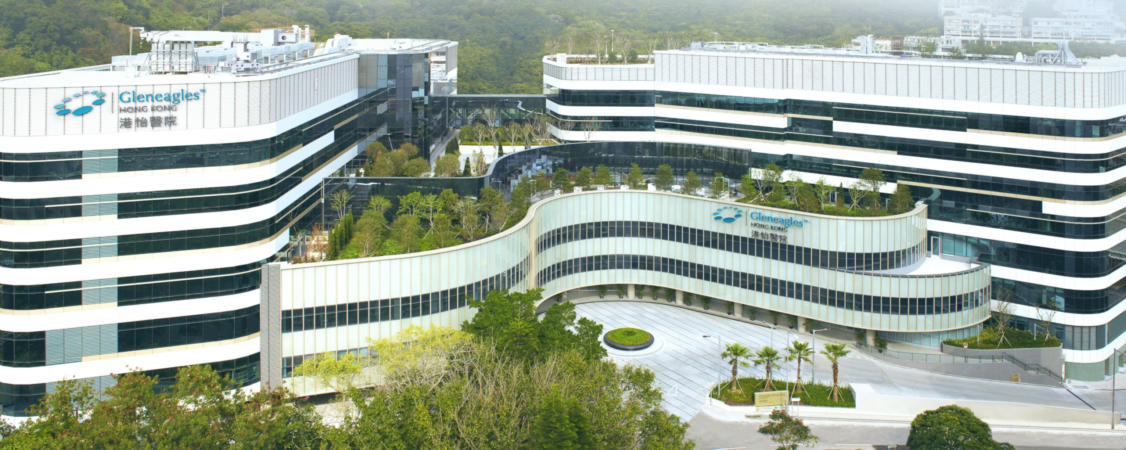Lung cancer
What is Lung Cancer?
Lung cancer is an abnormal growth in the airways or lung tissues. When we breathe in, air goes down the trachea (windpipe) and into the lungs via tubes called bronchi (air passages). Most lung cancer begins in the lining cells of these tubes.
There are two main types of lung cancer:
- Non-small cell lung cancer is the most common.
- Small cell lung cancer is less common, but it can spread quickly to other parts of the body through bloodstream.
The main cause of lung cancer is tobacco smoke (cigarettes, pipes, or cigars), though not everyone who smokes will get lung cancer. Harmful substances in tobacco smoke can damage the airway and lung cells. Inhaling “second-hand” smoke can also cause lung cancer to people who do not smoke. In recent years, there is a trend of having more non-smokers who develop lung cancer.
People with the following conditions may also be at risk for lung cancer:
- Older than 40 years — most people diagnosed with lung cancer are older than 65 years
- Exposure to some substances such as radon (a radioactive gas), asbestos, arsenic, chromium, nickel and air pollution
- Family members who have had lung cancer
Lung cancer at an early stage often presents with no symptoms. As the cancer grows, the following symptoms may occur:
- Cough gets worse or does not go away
- Hoarse voice
- Breathing trouble such as shortness of breath
- Constant chest pain
- Coughing up blood
- Feeling very tired all the time
- Frequent lung infections, such as pneumonia
- Weight loss without apparent reason
Other health problems can also cause these symptoms. Patients should consult their doctors if these symptoms are experienced.
There are five main treatments for lung cancer:
- Chemotherapy to shrink or kill the cancer
- Targeted therapy to block the growth and spread of cancer cells
- Immunotherapy to facilitate our own immune system to kill the cancer cells
- Radiation therapy (high-energy X-ray) to kill the cancer cells
- Surgery to remove the tumour and some lymph nodes (glands)






